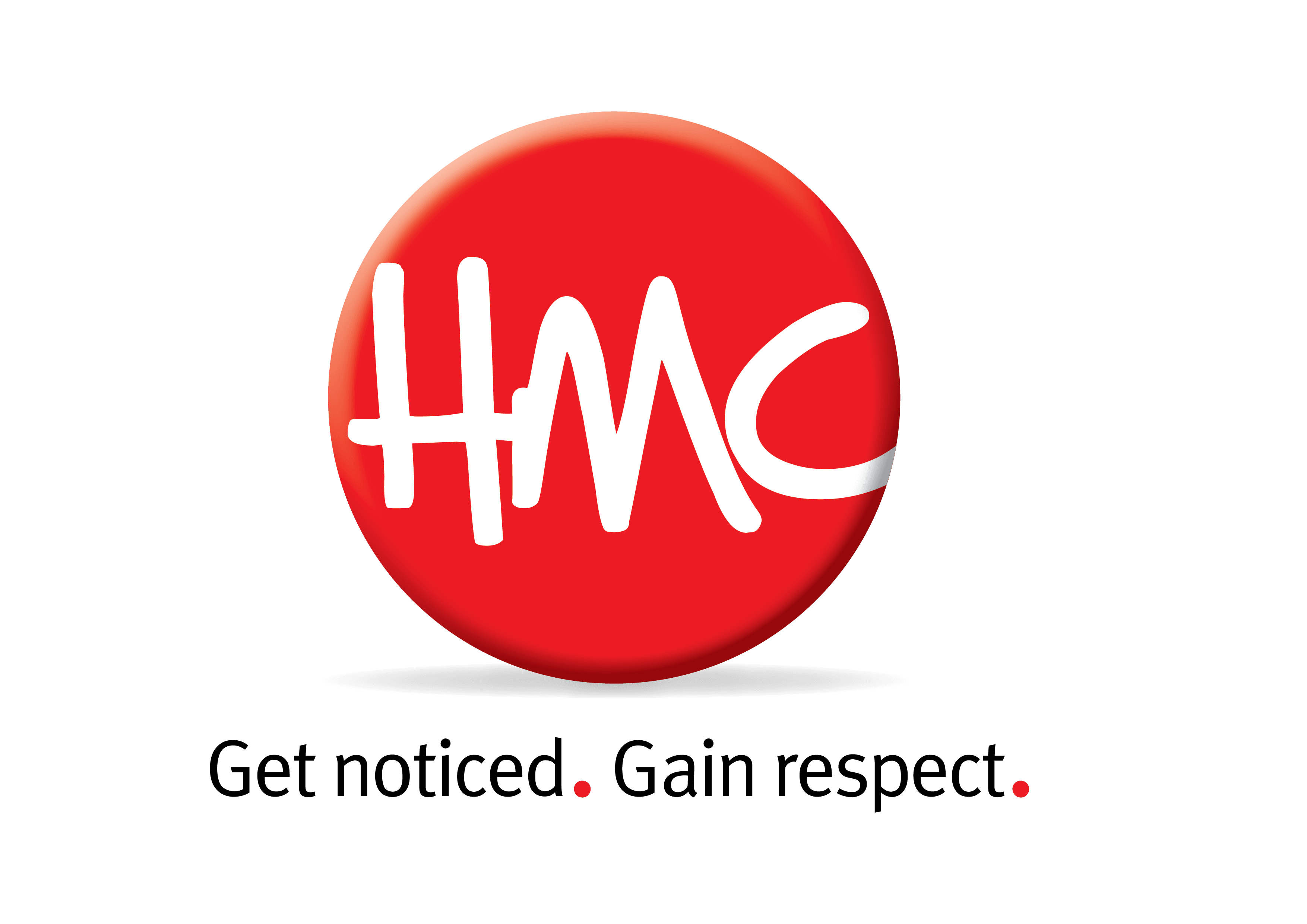Since I started HMC 21 years ago, the media industry has been in constant flux. But nothing compares to the seismic shifts of the past five years.
It’s awful what has happened to the media industry, especially the talent that has been forced to leave in recent years.
But let’s be clear, news media is not dead.
However, it has changed in three fundamental ways:
1. Fewer outlets.
The number of media platforms has shrunk considerably. Over the last five or so years, we’ve watched magazines fold, community papers disappear, and new ventures, like Today FM, launch then fizzle when advertising revenue failed to follow.
The big blow came last year when Discovery Warner Bros pulled the pin on Newshub, and TVNZ laid off another 9% of its workforce.
Today, just five companies - Stuff, NZME, TVNZ, RNZ and Allied Press - employ around 80% of New Zealand’s journalists. That’s an unprecedented concentration of influence.
2. Fewer journalists.
Journalism as a profession is in decline.
In 2006, 4,071 people in New Zealand worked as journalists. By the 2018 Census, that number had already dropped 17% to 3,381. Last year The Spinoff estimated that by mid-2024, the number would sit around 1,439, which is a staggering 65% reduction over 19 years.
We’ve all felt the effects: fewer reporters covering more ground with less time.
3. Fewer good news stories.
This might be the most important point for business leaders and their communications managers.
Clicks are the currency of modern media. Crisis, conflict and controversy get traction. Positive stories about your organisation? Not so much.
I’m hearing more of my peers giving up on pitching altogether, defaulting to sponsored content instead. They’re opting for the easier (but expensive) route of buying their way into the news cycle, rather than investing the time and skill to pitch and place genuine stories.
And yet...
Despite all this, Kiwis haven’t walked away from the news. Far from it.
A recent AUT survey showed that, even with the grumbling and the criticism and saying we don’t trust the news, New Zealanders remain interested in it and still read and listen at a high level. In fact, the survey found “In spite of increasing news weariness, a healthy 69 percent of New Zealanders surveyed by AUT this year were 'interested' or 'extremely interested' in news.”
And there’s something else you should have on your radar: Generative AI search. Tools like ChatGPT, Gemini and Bing are predicted to soon surpass Google Search in how people discover product brands. In that environment, credible online media coverage on sites with strong domain authority will be even more valuable for your company’s visibility and reputation.
Here’s the bottom line: a story about your business in a respected publication is still powerful. It gets you attention, drives enquiry, boosts your website traffic, and builds trust.
But the game has changed. Spray-and-pray media release distribution rarely works anymore. If you’re going to put media relations in your communications mix, you need to do it right.
Here are three essentials you can start implementing today:
1. Have a plan.
Don’t leave it to chance. Map out what you want to say, when you want to say it, and who needs to hear it. Be clear about your communication objectives and your audience.
2. Build relationships.
The shrinking media pool means relationships matter more than ever. Invest time in getting to know journalists and editors. Understand what they care about. Make yourself a credible, reliable source.
3. Hone your story.
If you want coverage, you must earn it. That means crafting stories that are genuinely interesting, relevant and timely. Remember, you launching a new product is not news. Think beyond your own agenda.
Media hits matter. They’re harder to win, but powerful for trust and credibility building when you can make it happen.
News media isn’t dead. It’s evolving. And if you evolve with it, you’ll keep your business in the headlines for all the right reasons.

